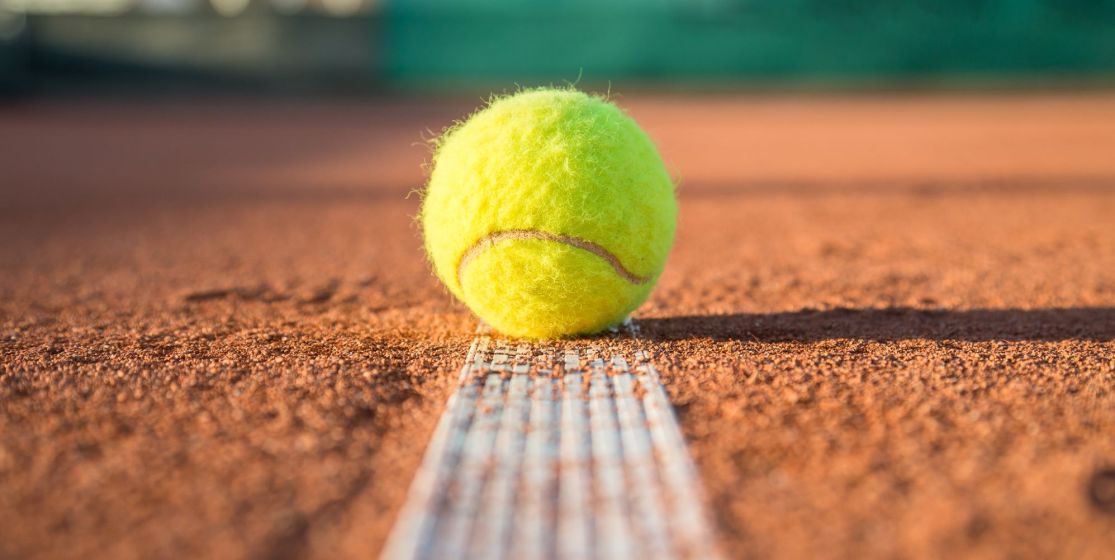Just as footballers have their representatives, so there's always an agent hidden behind every player on the ATP tour. We put the spotlight on the men and women who work in the shadows...
Like his colleagues, Marc Legris juggles the roles of business manager, logistics manager, lawyer, and even community manager. His job? He’s a tennis player’s agent. "I’m in charge of developing the image of Nicolas Mahut in the west of France. This can range from the establishment of partnerships with local businesses to the negotiation of an ambassadorial role for a Challenger tournament. I also manage his Facebook page and his website" he explains. In parallel, he connects various players in the Top 100 with French clubs for club competitions. Indeed, if it's hard to imagine Nadal putting his season on stand-by to sacrifice himself for his local Majorcan club, team competitions are still a lucrative market for players ranked over fiftieth by the ATP. Players like Simon or even Tipsarevic still participate in these kinds of events. "Some club managers can invest up to 300 000 euros to build a team. Then they mandate us to find players, or instead, players ask us to find work for them. And we receive a percentage of the contract" explains Alexis Tetang, whose clients include Marc Gicquel or Josselin Ouanna.
“There’s no room for 30 agents”
Proof that, even if tennis is an individual sport, the profession is not so far removed from the work of footballer’s agents, whose activities consist of negotiating the transfer and wages of their protégés for a fee. The only difference is that, for tennis, it's mostly specific operations for short periods of time, as team events rarely last for more than a month. "And above all, there are many more players in the market and the amounts involved are not comparable. A Division 2 player can earn up to 20 000 pounds per month. The equivalent in tennis, a guy around the 400th place in the world, is very far of this kind of salary" Alexis Tetang says. Contrary to popular belief, an agent is not a synonym for money. Unless, of course, for the exclusive representatives of the upper crust of players, which is the prerogative of big corporations such as IMG or Octagon. The latter, whose role is more extensive (booking hotels, request for wild cards and invitations, image rights negotiation, organization of exhibitions, etc.) can be counted on the fingers of one hand. Of the thirty-or-so agents working for the French contingent, only a handful of them manage to make a full-time living from it. "Myself, I run a software company in parallel, and many of my colleagues are in the same situation. There’s no room for 30 agents" said Jauffrey Faustini, under contract with a junior.
"You have to advise them against certain trips"
Given the narrowness of the market, the French Tennis Federation has then regulated the job in 2007 by requiring a license to practice. "The job was previously parasitized by a new generation of self-appointed agents; good speakers, but in reality they weren’t keeping their promises to the players" recalls Alexis Tetang. Because a good agent is not only a smart businessman paid to find contracts. He's also a confidant, or a big brother. "You have to advise them against some trips, even if there could be good money in it, if you think it's not good for them" explains Alexis Tetang. A view shared by Faustini Jauffrey: "We can all have access to the sponsors, this is not the problem. What players need above all is a close relationship. "Proof that in the world of the yellow ball, the relational has a special place in the business.
By Marc Hervez






